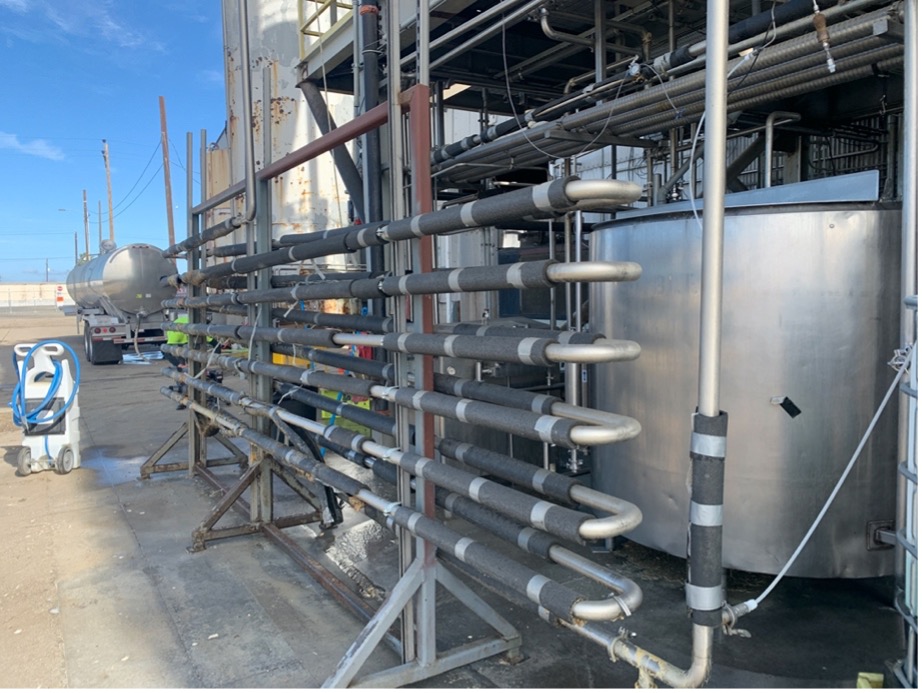 As an equipment appraiser, I can verify that defining the scope of work is a critical first step in any appraisal process. Even before quoting a price on an equipment appraisal, we need to closely define our scope of work. Scope of work is defined by our friends at USPAP (Uniform Standards of Professional Appraisal Practice) as the type and extent of research and analyses in an assignment, and USPAP states in no uncertain terns that is the appraiser’s responsibility to determine and perform the appropriate scope of work.USPAP’s Scope of Work Rule states that an appraiser must
As an equipment appraiser, I can verify that defining the scope of work is a critical first step in any appraisal process. Even before quoting a price on an equipment appraisal, we need to closely define our scope of work. Scope of work is defined by our friends at USPAP (Uniform Standards of Professional Appraisal Practice) as the type and extent of research and analyses in an assignment, and USPAP states in no uncertain terns that is the appraiser’s responsibility to determine and perform the appropriate scope of work.USPAP’s Scope of Work Rule states that an appraiser must
- Identify the problem to be solved
- Determine & perform the scope of work necessary to develop credible assignment results
- Disclose the scope of work in the report
But what does this mean to you, as an equipment appraisal client, or to your equipment appraiser?
It means we need to talk.
Because that crucial first step, identifying the problem to be solved, means I need to collect at least 4 pieces of important information from the client regarding his or her particular equipment appraisal:
1. Who is the intended user or users of the equipment appraisal?
2. What is the intended use of the equipment appraisal?
3. When is the effective date of the equipment appraisal?
4. What are the assets to be appraised?
This last bit — “The report must contain sufficient information to allow intended users to understand the scope of work performed”— is a critical part of the USPAP Scope of Work Rule (U-13, USPAP 2008-2009 Edition). So if you read through an equipment appraisal report and don’t understand what the value means or how your appraiser arrived at the opinion of value, then you haven’t got a true USPAP equipment appraisal, no matter what you’ve been told. And your appraisal may not stand up to scrutiny in a court of law.
Jack Young, ASA, CPA
Equipment Appraisal Scope of Work Detective
NorCal Valuation




